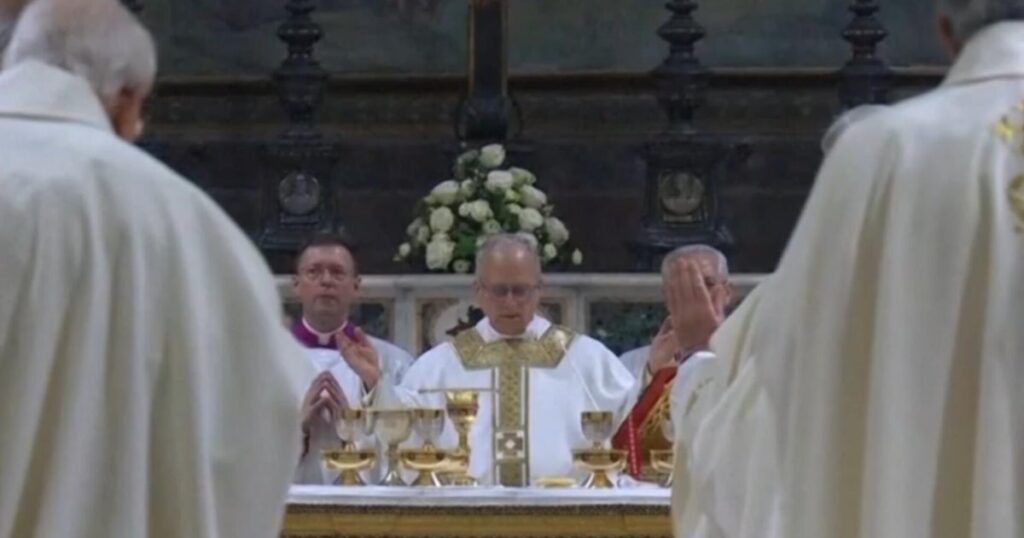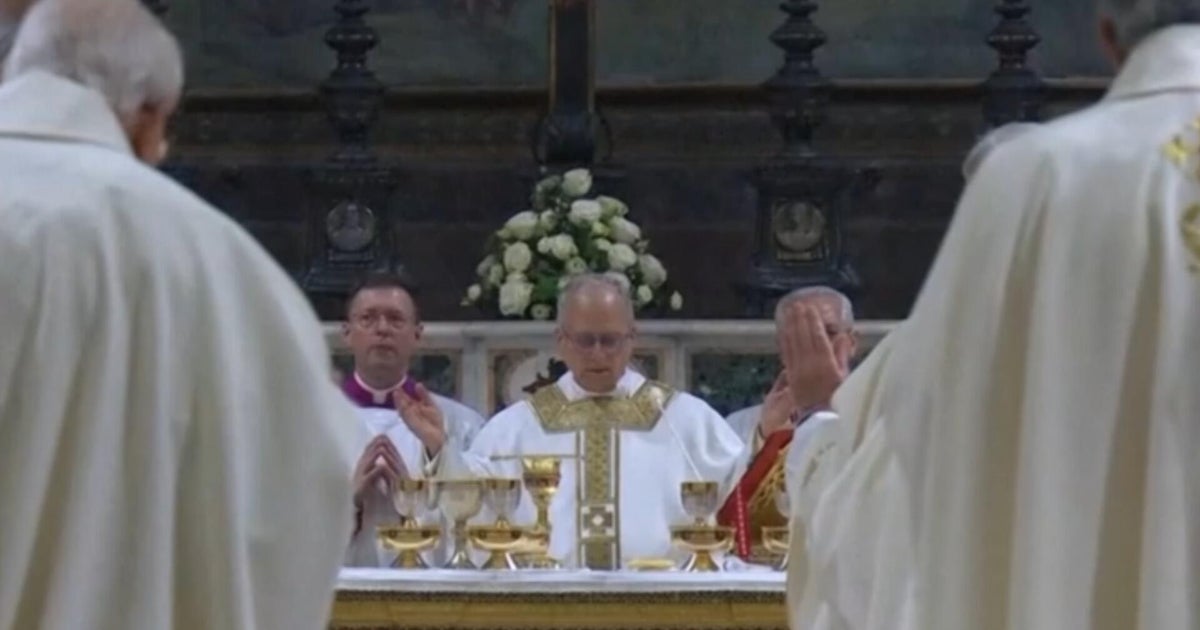What Pope Leo told the world in his first message, and how U.S. Catholics are celebrating
What Pope Leo told the world in his first message, and how U.S. Catholics are celebrating

Pope Leo XIV’s first homily was historic both for the language, and the man who spoke it. Chris Livesay reports.
Read the full article on CBS World
Truth Analysis
Analysis Summary:
The CBS World article is mostly accurate, focusing on the historic nature of Pope Leo XIV's election and the reactions to it. The primary claim of him being the first American pope is well-supported. However, the article's brevity limits a comprehensive assessment, and the selection of reactions (e.g., Trump's) introduces a slight bias.
Detailed Analysis:
- Claim:** Pope Leo XIV's first homily was historic.
- Verification Source #1, #2, #3, and #5 all support the historic nature of the event, specifically highlighting that he is the first American pope.
- Claim:** Pope Leo XIV is the first American pope.
- Verification Source #1, #2, #3, and #5 explicitly state that Robert Francis Prevost (now Pope Leo XIV) is the first U.S.-born/American pope.
- Claim:** U.S. Catholics are celebrating.
- Verification Source #1 mentions young Catholics in the US capital celebrating. Verification Source #4 mentions Trump celebrating the election. This supports the claim, though it doesn't represent all U.S. Catholics.
- Claim:** Trump honored Pope Leo XIV.
- Verification Source #4 directly supports this claim, quoting Trump's social media message.
Supporting Evidence/Contradictions:
- Agreement:** All sources agree that Robert Francis Prevost is the first American pope, now known as Pope Leo XIV. Verification Source #1, #2, #3, #5.
- Agreement:** Trump celebrated the election of Pope Leo XIV. Verification Source #4.
- Lack of Coverage:** The specific content of Pope Leo XIV's first homily is not detailed in the provided sources, only that it occurred.
- Potential Bias:** The inclusion of Trump's reaction (Verification Source #4) could be seen as a slight bias, depending on the context and intent. It highlights a specific political reaction, which might not be representative of the broader Catholic community or the world's reaction.

